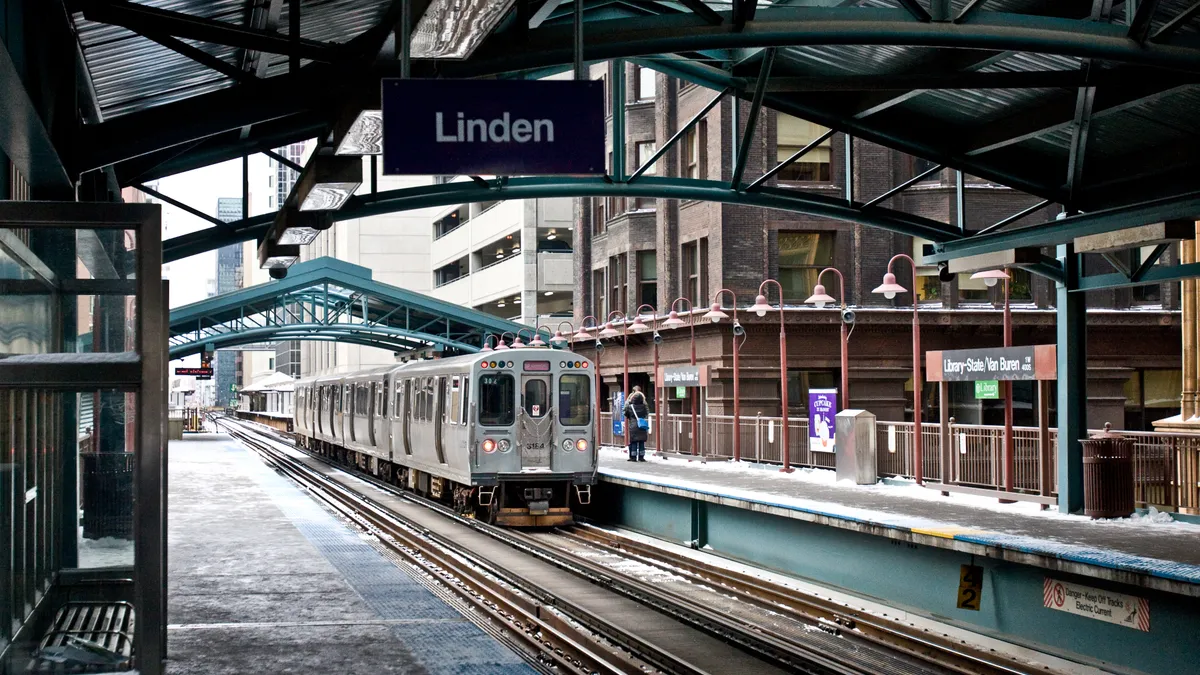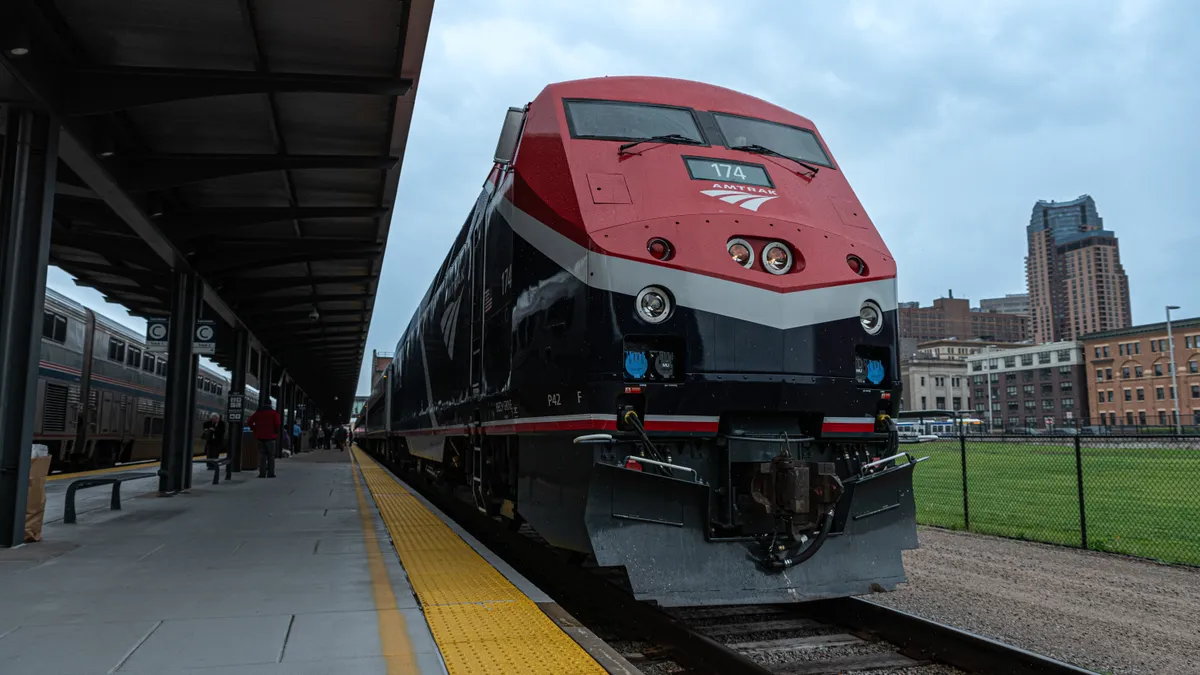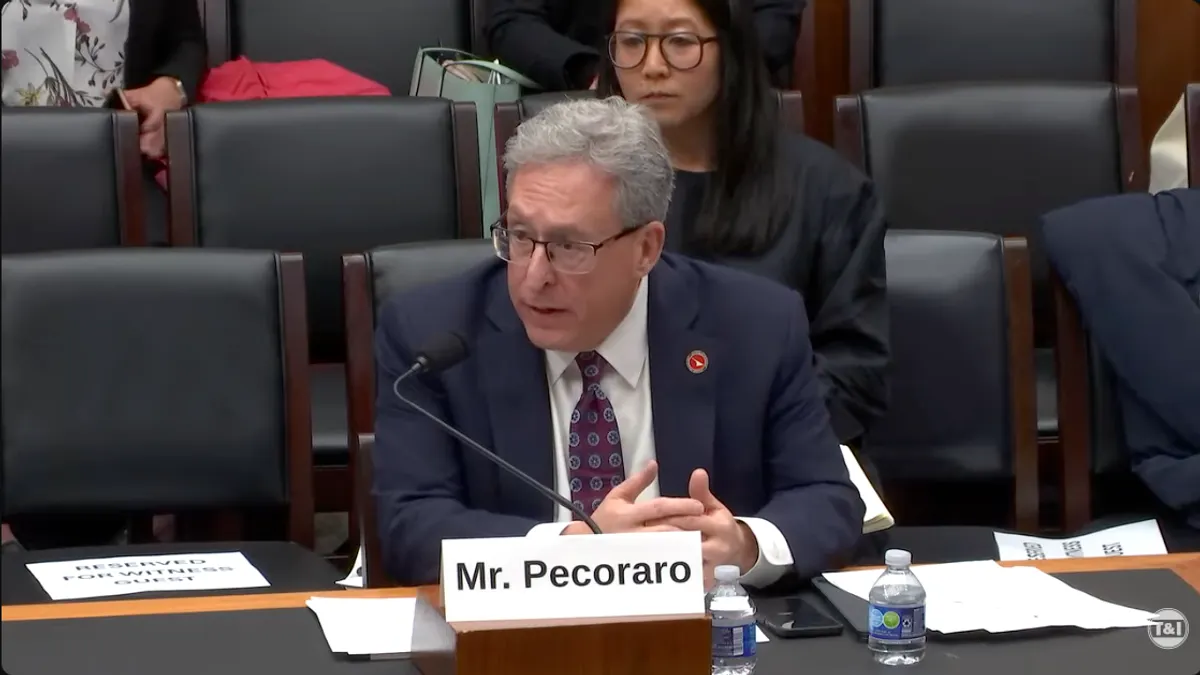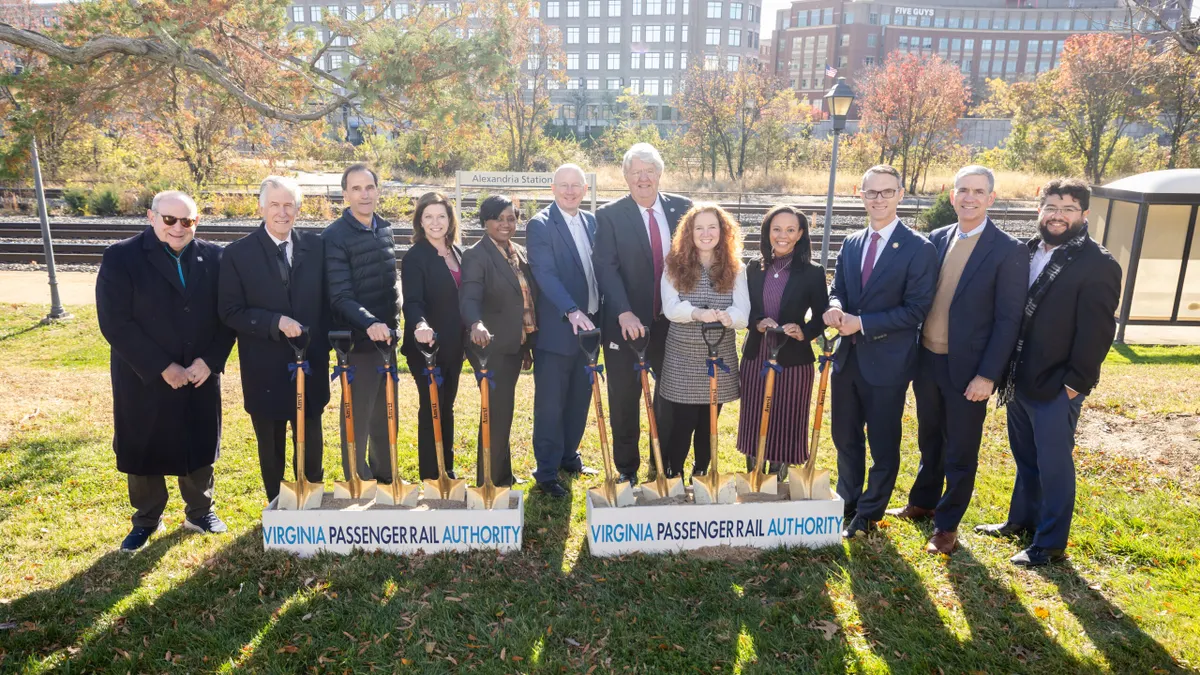The Chicago City Council recently approved Mayor Lori Lightfoot's $12.8 billion 2021 budget proposal, which included diverting $16 million generated via ride-hail tax revenue from the Chicago Transit Authority (CTA) to the city's general budget.
The city's decision to reallocate funds away from the financially-strained CTA came under criticism from some local transportation advocates, particularly as the ride-hail tax was approved just last November as a means to improve CTA bus operations and relieve congestion.
"It's disappointing to see it be diverted from public transit, especially at a time when public transit is really struggling," Active Transportation Alliance Advocacy Manager Lynda Lopez said. The CTA needs support "more than ever" because people are still riding, particularly essential workers who are struggling financially, Lopez added.
The ride-hail tax upped fees on single-passenger trips to $1.25 from 72 cents, and had been initially projected to bring in $40 million. It came in response to the city experiencing a 271% increase in ride-hailing activity.
The tax also followed urging from local transportation advocates for the mayor to consider congestion pricing to help alleviate pollution and improve resident economic and social mobility. Lopez said the revenue diversion undermines those efforts.
Chicago faced a number of potential budget changes given the financial challenges of the coronavirus pandemic (COVID-19). Over 65% of the city's "historic" $1.2 billion budget gap stemmed from revenue loss due to the pandemic. To help inform the final budget, "the city relied on data-informed analysis, public city council hearings, feedback gathered from discussions that involved more than 100,000 people and various other engagement tools to develop the framework for closing the budget gap," the city statement reads.
But as Chicago weighs its priorities, "the Lightfoot administration has not been as focused on transit as I think it really needs to be," Shared-Use Mobility Center Executive Director Sharon Feigon said. "Transportation and mobility is really fundamental to economic development."
The CTA has been hard-hit financially by COVID-19. As of Nov. 18, the Regional Transportation Authority, which oversees the CTA and other local transportation service budgets, said the region’s three transit agencies faced a $500 million budget gap, Daily Line reporter Alex Nitkin reported in a tweet.
In presentation to Cook County Board this morning, Leanne Redden of @RTA_Chicago says region's 3 transit agencies face a ~$500M combined budget shortfall. Says a "reckoning" will come if more federal aid doesn't come by early 2021.
— Alex Nitkin (@AlexNitkin) November 18, 2020
In July, CTA President Dorval Carter said the CTA was losing $1 million in farebox revenue per day and ridership had dropped 80% below usual levels at the height of stay-at-home orders. Without sufficient aid, he said the agency would be forced to make "catastrophic" decisions.
Other cities are facing similar decisions: the Washington Metropolitan Area Transit Authority (WMATA) in Washington, DC and the San Francisco Municipal Transportation Agency have warned of curtailed service and massive layoffs in future budgets as they see dramatic reductions in revenue.
"Transit and service not only provides a lifeline for getting to jobs and other services that people need, it also provides jobs itself," Feigon said. "And it also is a way to reduce the use of cars... not only are cars more expensive, but they also pollute. And transportation is the biggest contributor to CO2 emissions in Chicago."
It's possible transit could see some relief from federal dollars in the coming year, however. Feigon said she thinks the administration of President-elect Joe Biden will be supportive of transit and passenger rail.
Groups like the American Public Transportation Association (APTA) are also hopeful that Biden's victory can help usher in more federal support.
The group released a statement in November congratulating Biden on his victory, and stating that they plan to work with Congress to "pass an immediate COVID-19 relief package to support our transit agencies with at least $32 billion in emergency funding."





















